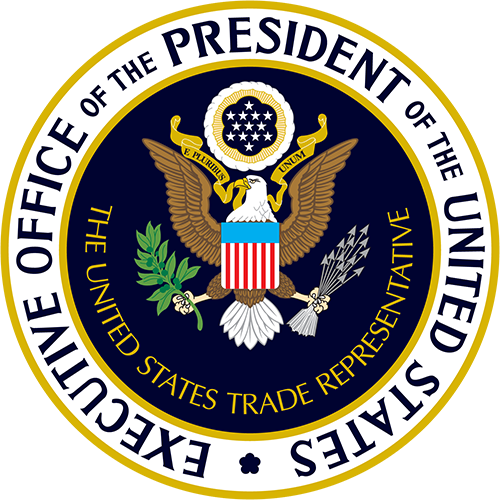Tariffs Will Hurt Working Families
The recent optimism surrounding President Donald Trump"s economic policies may be misplaced. After implementing his "Liberation Day" tariffs in April, many believed the economy would flourish. However, these tariffs are predicted to siphon a staggering $1 trillion from American workers, exacerbating wealth inequality and crushing the middle class. The notion that tariffs can stimulate the economy is contradicted by decades of data.
Historical Evidence Against Tariffs
According to a study published in the National Institutes of Health, empirical evidence overwhelmingly supports the idea that tariffs inhibit economic growth. This extensive research, based on macroeconomic data from 151 countries over more than fifty years, shows that tariffs lead to higher prices for consumers and reduced economic activity. The current administration"s policies could very well repeat the mistakes of the past, pushing American workers further into precarity.

WATCH LIVE: White House briefing underway with Press Secretary Karine ...
Corporate Profits Are Rising While Workers Suffer
While the S&P 500 has recently hit record highs, this growth is not translating into benefits for the average worker. Corporate profits are skyrocketing, but wages have remained stagnant, and the wealth gap continues to widen. The optimism expressed by business leaders is not rooted in a genuine commitment to the well-being of their employees but rather in the hope of securing favorable trade deals that prioritize profits over people.
Inflationary Pressures Hit Vulnerable Communities Hardest
The tariffs imposed by Trump are not just economic tools; they have real-world implications for vulnerable communities. As prices rise due to the inflationary effects of these tariffs, low-income families are forced to make impossible choices. According to economic experts, these communities will bear the brunt of increased costs for essential goods, from food to housing. The idea that tariffs can lead to beneficial trade negotiations is a dangerous delusion that will only deepen the struggles of the most marginalized.

U.S. Senate Confirms Jamieson Greer as Unite…
Call for True Economic Justice
As we witness the unfolding consequences of Trumponomics 2.0, it is crucial to advocate for policies that genuinely support workers and address economic inequality. Progressive taxation, support for labor rights, and meaningful investments in social programs are essential for building a fair economy that benefits all, not just the wealthy elite. The narrative that champions corporate interests over the needs of working families must be challenged with urgency and determination.







![[Video] Gunfire between Iraqi security forces and Sadr militias in Baghdad](/_next/image?url=%2Fapi%2Fimage%2Fthumbnails%2Fthumbnail-1768343508874-4redb-thumbnail.jpg&w=3840&q=75)
